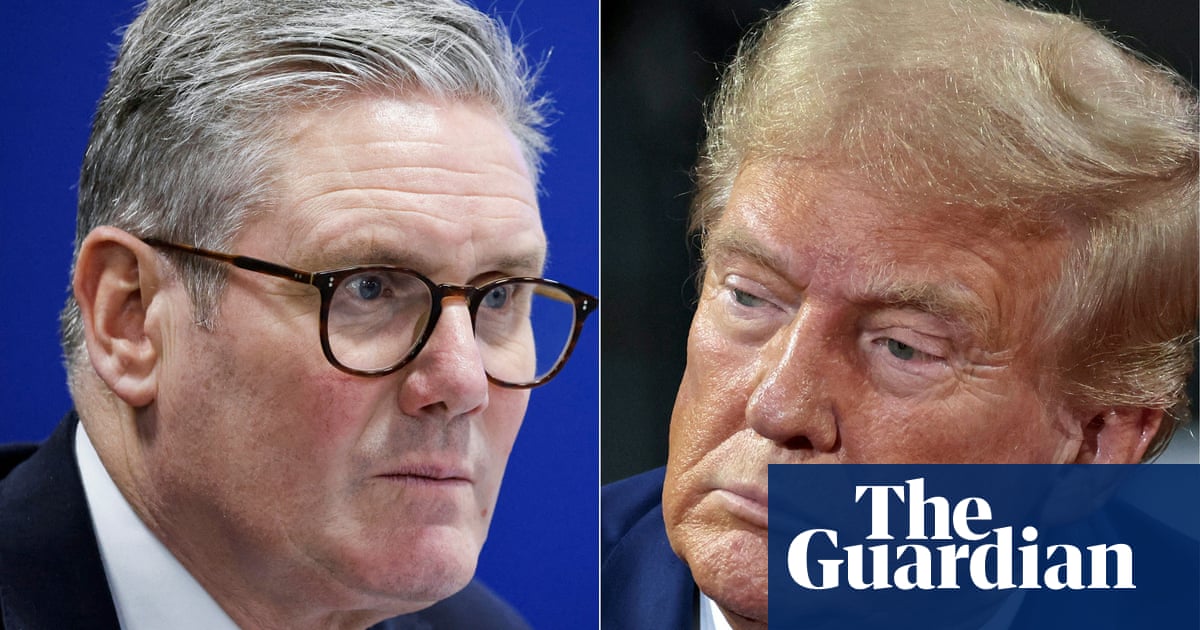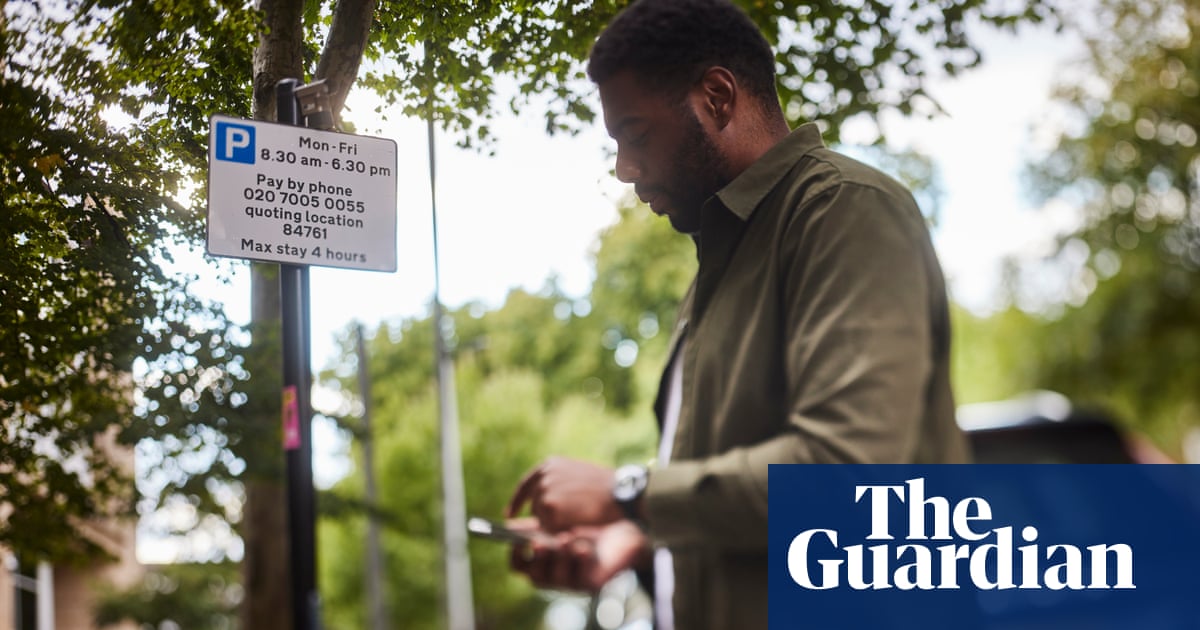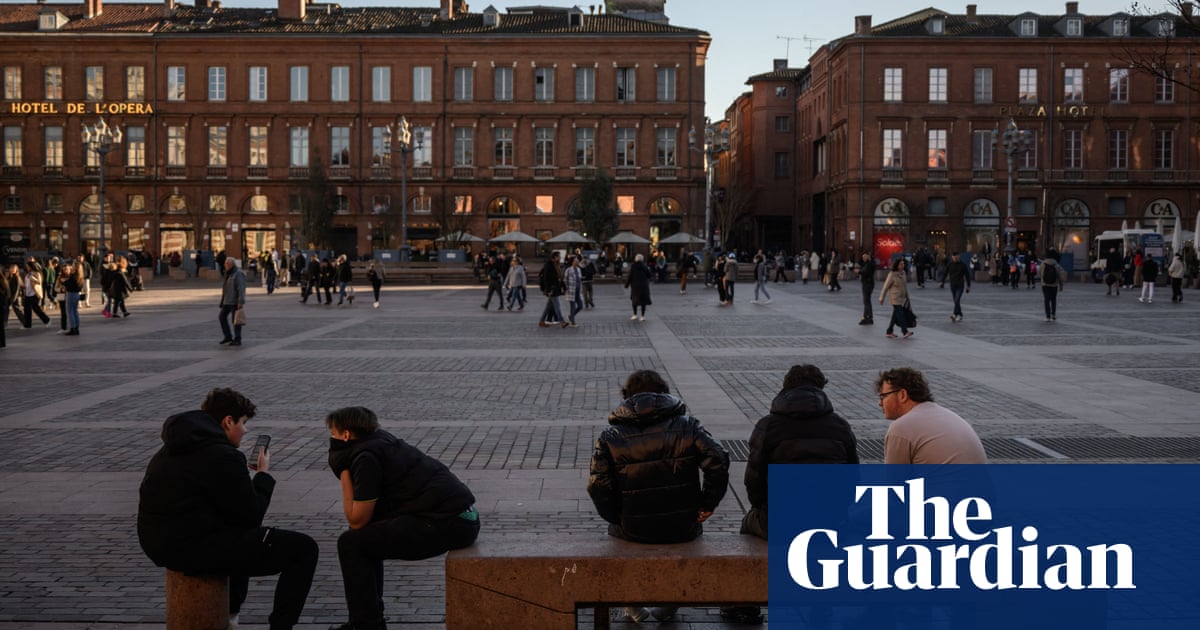Key events
Morning opening: Charm offensive

Jakub Krupa
French president Emmanuel Macron and UK prime minister Keir Starmer will lead Europe’s charm offensive next week as they both travel to the US to meet with president Donald Trump in an increasingly desperate bid to change his mind on Ukraine and European security.
Macron outlined parts of his strategy on Thursday night. During a Q&A session on social media that he would tell Trump not to be “weak” on Russian president Vladimir Putin, warning about the consequences that would have in relation to other powers around the world, like China. “That’s not who you are, it’s not your trademark,” he said he would argue. Let’s see if this works.
But other leaders, like Italian prime minister Giorgia Meloni, are also rumoured to be looking into how to get to see Trump soon.
Landing these European arguments with the US president will not be easy, but Ukraine’s future and the continent’s security are at stake.
Several countries in central and eastern Europe signalled growing concerns about Russia potentially trying to use the peace talks to revive its plans for “spheres of influence,” and request the removal of US troops in the post-1997 Nato member states like Poland and Romania, with far-reaching consequences for their security.
Before anyone gets to Trump, Poland’s foreign minister Radosław Sikorski is expected to speak about all these issues with US state secretary Marco Rubio when the pair meets in Washington tonight.
However, looking at this list of names exploring diplomatic channels to get to the US, there is a notable absence of anyone representing Germany.
Amid the whirlwind of developments in Ukraine, it is easy to lose sight of the German federal election this Sunday, which commentators describe as potentially the most consequential in decades.
And with just two days to go, more than a quarter of German voters are yet to decide who to vote for. This could still change the result and cause an upset on Sunday night.
In a major policy speech in Berlin in 2011, at the height of the euro crisis, Poland’s Sikorski said he feared German power less than German inaction. Could this still be the case 14 years later in the new security environment?
And if so, will post-election Germany be able to deliver on that?
It’s Friday, 21 February 2025, and this is Europe live. It’s Jakub Krupa here.
Good morning.
Article by:Source: Jakub Krupa













